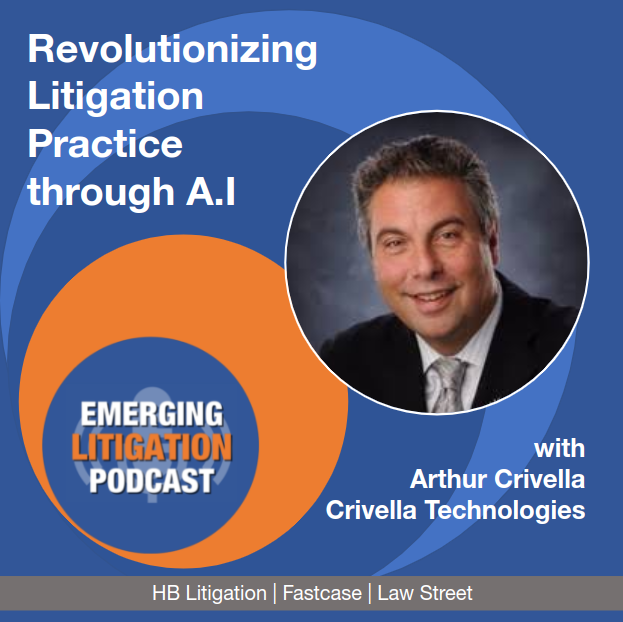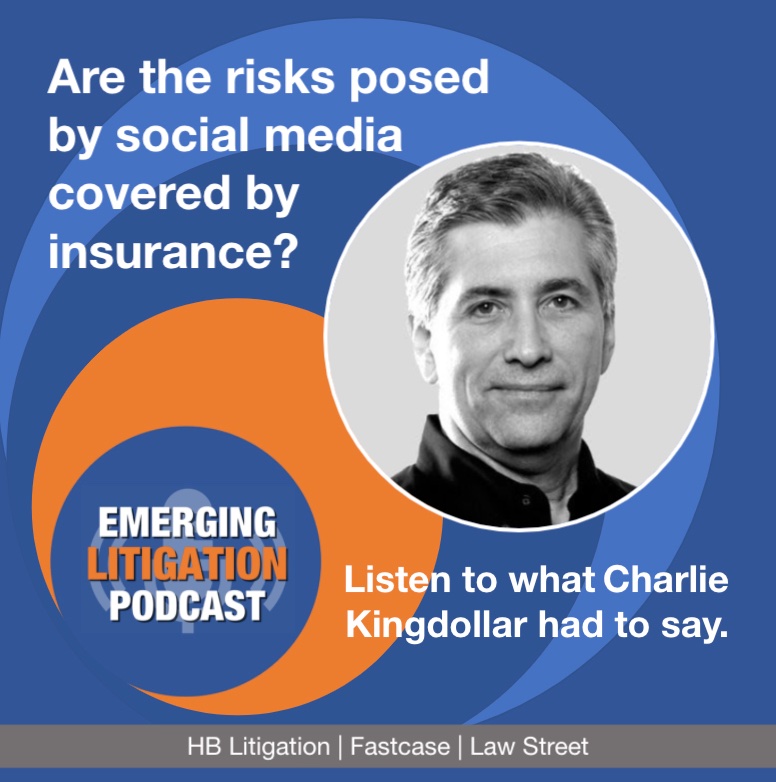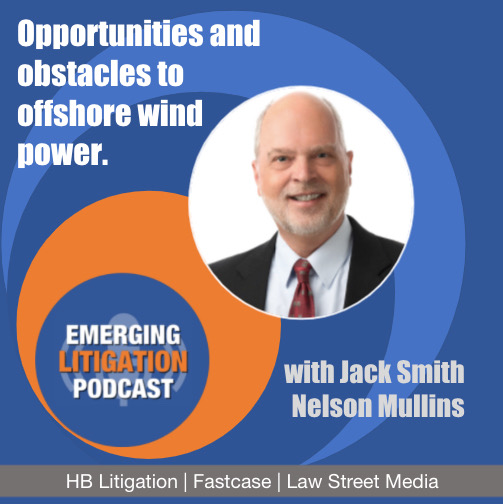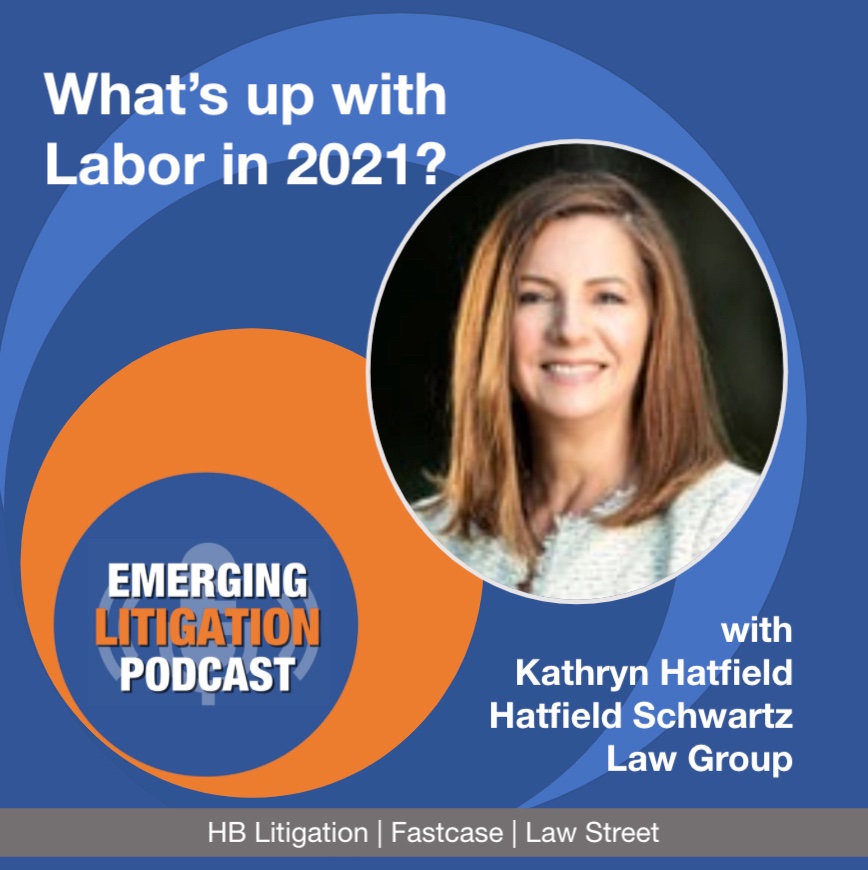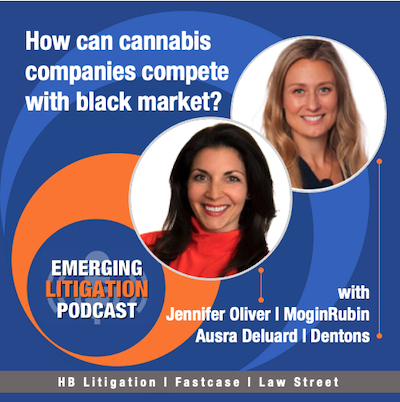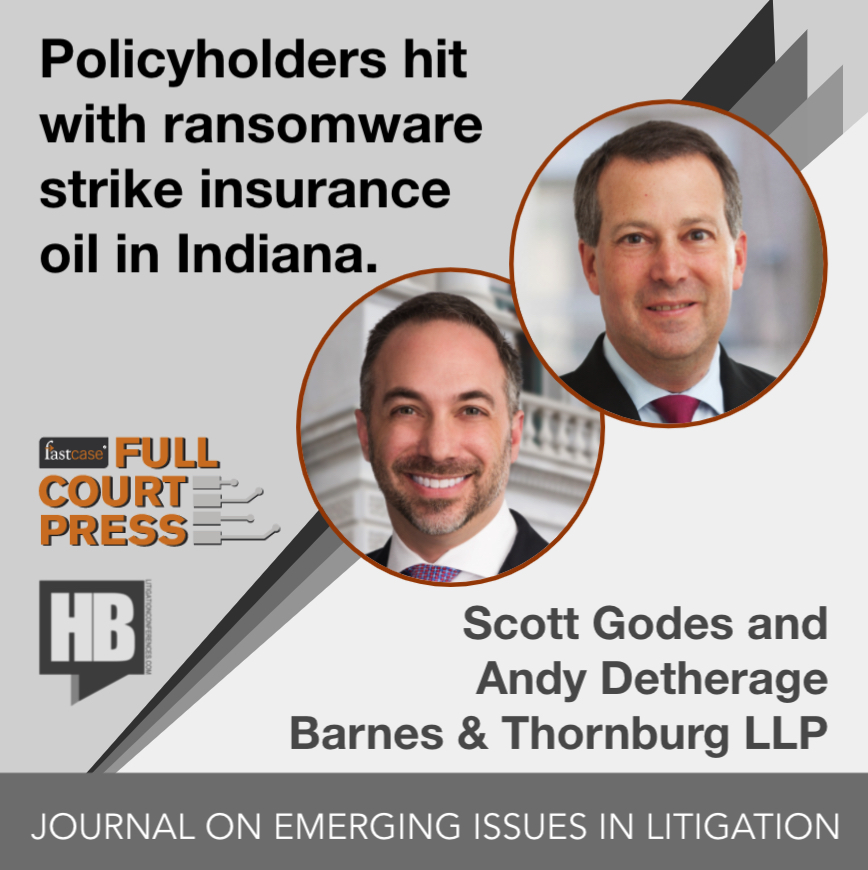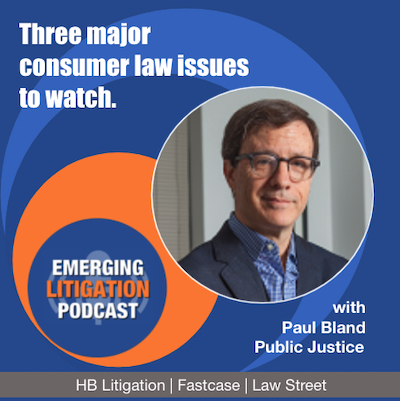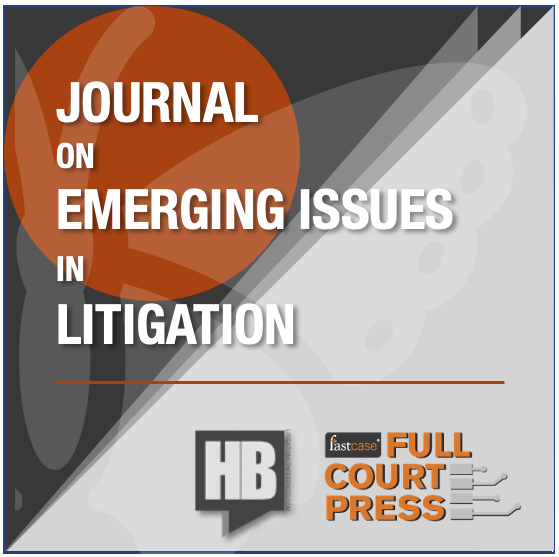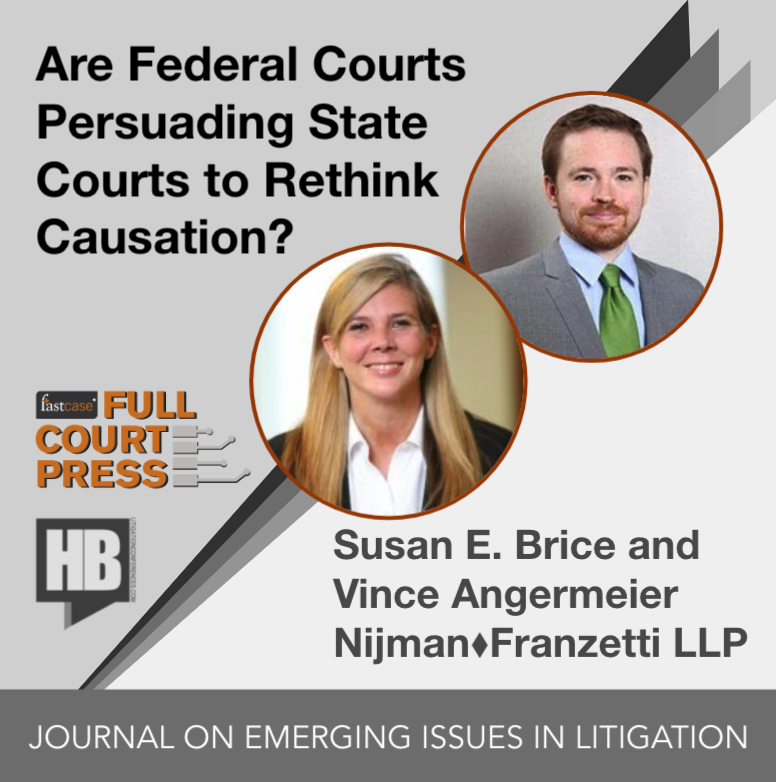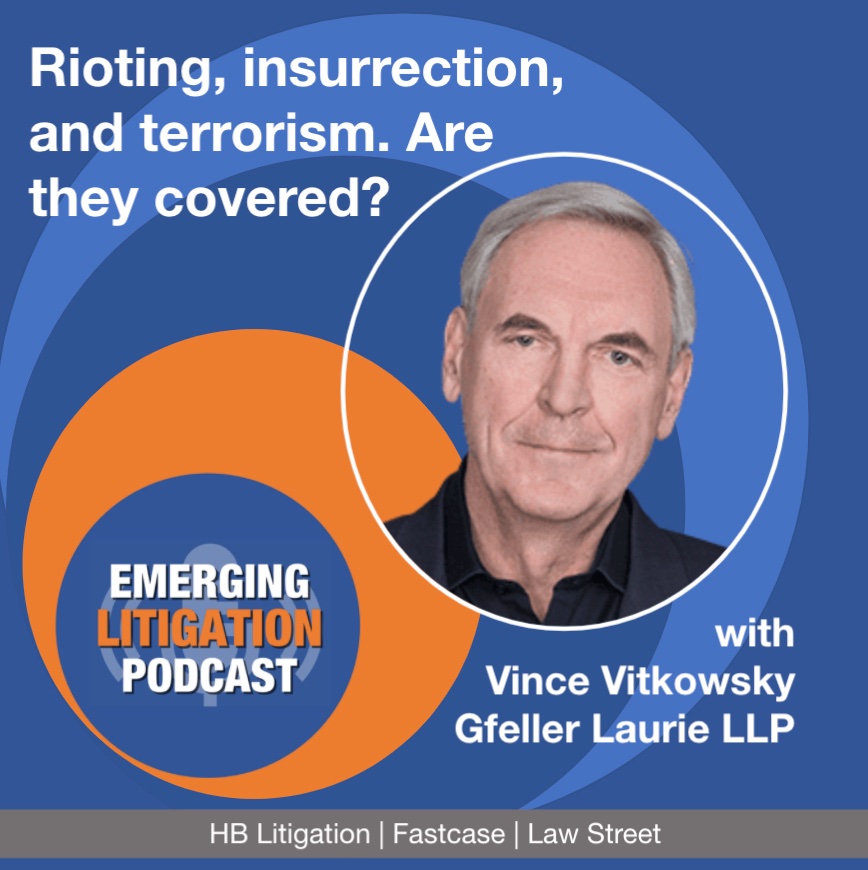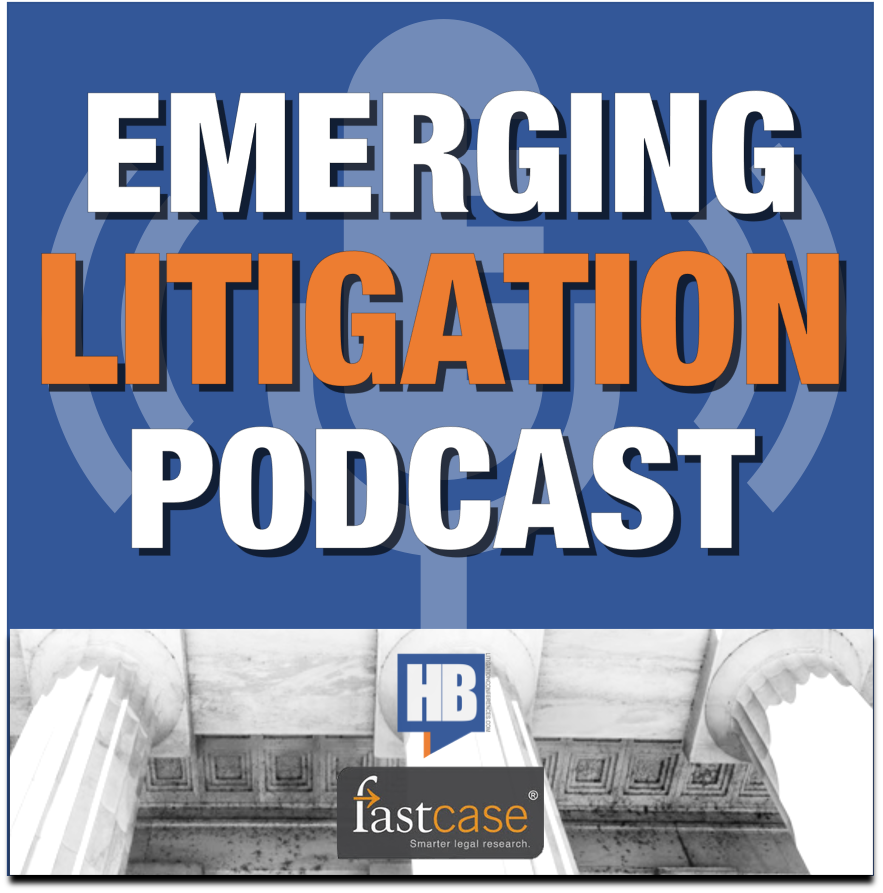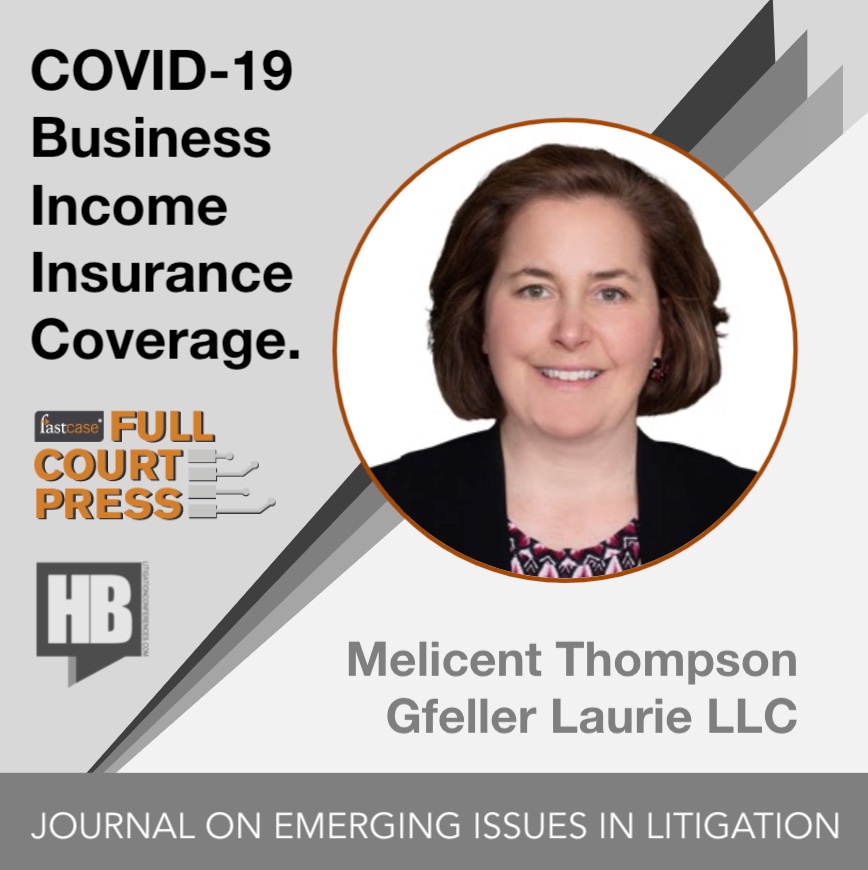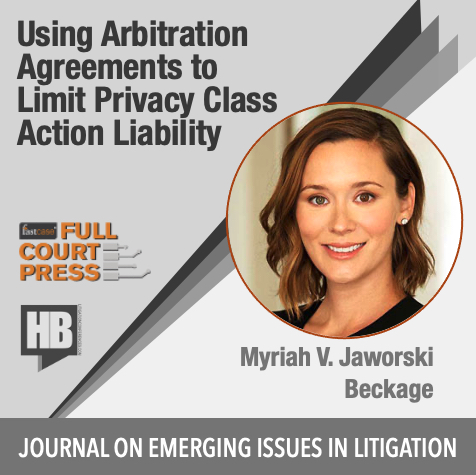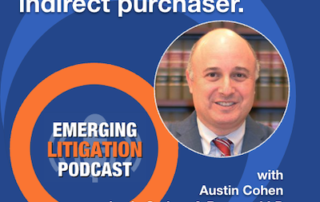Emerging Litigation Podcast
Hair Relaxer Injury Litigation
Last year the Aylstock, Witkin, Kreis & Overholtz law firm filed the first class action against L’Oréal and Softsheen-Carson for injuries, primarily to Black women, allegedly caused by hair relaxers and straighteners. Now, many cases are consolidated in multidistrict litigation. Listen for unique insights from a leading plaintiff attorney.
The Light and Dark Sides of Auto-GPT
Businesses must understand how Auto-GPT technologies use data, the potential for biased results, and how to responsibly leverage these powerful technologies. Listen to my interview with Jason I. Epstein, Partner at Nelson Mullins Riley & Scarborough, as we explore this emerging field.
The Plight of the Indirect Purchaser
Consumers and businesses -- indirect purchasers of products whose prices are fixed by those who supply the maker of your purchase may not collect damages in states that -- surprisingly, do not have antitrust laws that give them standing. But what about federal law? Why do some states provide for damages and others do not? Are there alternatives?
A Shameless Plug for Our Content Services
Your content marketing is everything you’ve ever dreamed of. Right?

Critical Legal Content was founded by Tom Hagy, former Editor & Publisher of Mealey’s Litigation Reports and VP at LexisNexis, founder of HB, current litigation podcaster and editor-in-chief. CLC’s mission is to help smaller firms and service providers not only create content — blogs, articles, papers, webinars, podcasts (like the stuff on this site) — but also to get it out there. How? Via social media, this website, your website, and potential via our podcast and journal which we publish in collaboration with vLex Fastcase and Law Street Media. The goal is to attract readers and dizzy them with your brilliance.
*Inspired by actual events.
Create content like a real legal publisher.
Emerging Litigation Journal
Property Insurance Coverage for Emerging Risk: Underground Climate Change
Studies have shown that “underground climate change” is affecting ground soil conditions, causing structural strains on buildings and exacerbating cracks and defects in walls and foundations. The authors, Dennis Artese, Ethan Middlebrooks, and Thomas Dupont analyze permutations of policy language and state law that may affect coverage for damage caused by underground climate change, including how state law treats anti-concurrent causation clauses, whether “human-caused” exceptions to earth movement exclusions may apply to underground climate change, and whether “abrupt collapse” exceptions to exclusions for building collapse may apply when undetected structural damage triggered by underground climate change triggers collapse. As the authors note, "there are numerous arguments in favor of coverage under all-risk property insurance policies for losses related to underground climate change".
Litigation After Biometric Privacy Law Violations: Policyholder Victories and Their Implications
Insurance companies are implementing new measures to try to avoid paying for liabilities attached to consumer and employee biometric privacy law violations. The authors, Cort Malone and Abigail Damsky explore the issues companies and policyholders should be examining to ensure adequate protection in the present and future. As the authors note, “as more states pass biometric privacy laws, it is critical not only to follow court decisions but also to understand how insurance companies are attempting to avoid liability for such claims.”
Expert Depositions and Trial Disclosures: What Every Litigator Needs to Know
Expert disclosures in litigation are vitally important for trial testimony and planning for trial. The author, Ethan Minkin examines issues surrounding expert depositions and trial disclosures, which he argues need to be appreciated to avoid unanticipated surprises at trial. As Ethan discusses, "the pretrial process requires an eye toward the future. Trial work is not limited to just knowing the applicable Rules of Evidence. The applicable Rules of Civil Procedure play an equally important, if not greater, role in helping to define what will happen at trial".

